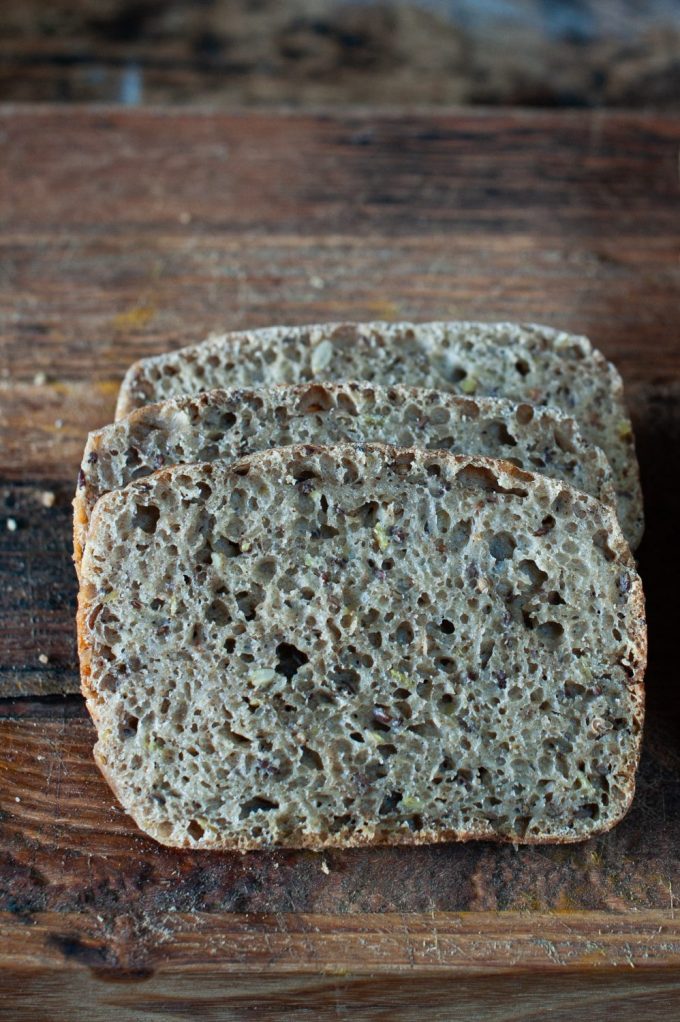What Are Carbohydrates?
Carbohydrates are the body’s primary source of energy. They are made of sugars, starches, and fibres, which provide fuel for muscles, the brain, and organs. In bread, carbohydrates come primarily from flour, but the type of flour and baking process affects how they are digested and absorbed.
Carbohydrates in Sourdough
Sourdough fermentation naturally modifies carbohydrates. During fermentation, enzymes break down starches into simpler sugars. This not only feeds the wild yeast and beneficial bacteria but also creates a loaf that is easier to digest. Using botanical blend flours or wholegrain flours increases fibre content and supports a healthy gut microbiome.
Proper fermentation also affects blood sugar response. Slow, long fermentation helps lower the glycaemic impact of bread, making sourdough an excellent choice for anyone wanting to manage blood sugar levels naturally.
Why Carbohydrates Matter
Carbohydrates are more than just energy. Resistant starches, formed during fermentation, act as prebiotics, nourishing beneficial gut bacteria. This supports digestive health and helps maintain overall wellbeing.

Learning and Applying Carbohydrate Knowledge
At The Sourdough School, students explore carbohydrate transformation in workshops, retreats, and community memberships. Practical lessons demonstrate how fermentation, hydration, and flour choice influence carbohydrate content and digestibility.
Bakers at home can experiment with carbohydrates using our starter kits or by joining the Proven Bread subscription. Each loaf shows the effects of natural fermentation on carbohydrate breakdown, fibre content, and flavour development.
By understanding carbohydrates in bread, learners and home bakers can make informed choices that support energy, gut health, and the sensory quality of sourdough.




